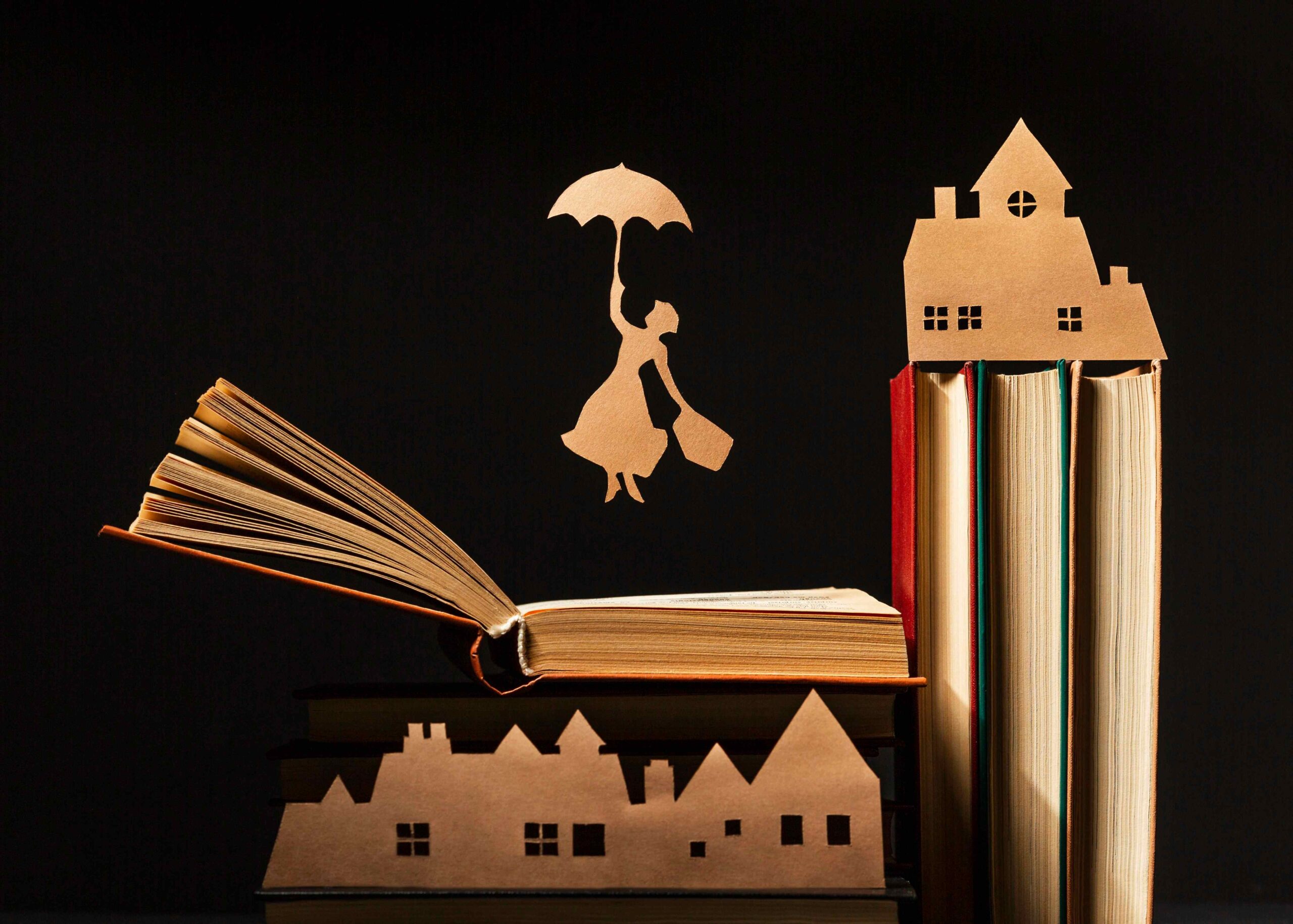Compiling the best English novels of the 21st century is subjective due to varying personal tastes.
However, I can offer some suggestions based on critical acclaim, popularity, and cultural impact.
Here’s a selection spanning various genres and styles:
“The Corrections” by Jonathan Franzen (2001)
A sprawling family saga that explores themes of identity, dysfunction, and societal change.
“White Teeth” by Zadie Smith (2000)
A multi-generational story set in London, examining themes of race, culture, and identity.
“The Road” by Cormac McCarthy (2006)
A post-apocalyptic tale of a father and son’s journey through a desolate landscape, exploring themes of survival and humanity.
“Never Let Me Go” by Kazuo Ishiguro (2005)
In a dystopian setting, three friends confront their predestined fates, prompting reflections on ethics and humanity.
“Atonement” by Ian McEwan (2001)
A novel about love, betrayal, and the consequences of one’s actions, set against the backdrop of World War II.
“The Brief Wondrous Life of Oscar Wao” by Junot Díaz (2007)
A vibrant and inventive novel that blends elements of magical realism with a family saga, exploring Dominican-American identity.
“The Underground Railroad” by Colson Whitehead (2016)
A novel reimagining the Underground Railroad as a literal railway system, delving into slavery, freedom, and resilience.
“The Goldfinch” by Donna Tartt (2013)
A sprawling coming-of-age novel that follows a young man through tragedy and redemption, exploring themes of art, loss, and identity.
“Gilead” by Marilynne Robinson (2004)
A dying preacher writes a reflective letter to his son, delving into themes of faith, forgiveness, and time’s passage.
“The Sellout” by Paul Beatty (2015)
A satirical novel that tackles issues of race, identity, and injustice in contemporary America with humor and biting wit.
Remember, this list is just a starting point, and there are many other excellent novels from the 21st century worth exploring.
Top 10 Must-Read Classic English Novels for Literary Enthusiasts
For literary enthusiasts, delving into the classics of English literature offers a rich tapestry of storytelling, cultural insights, and timeless themes.
Here’s a selection of ten must-read classic English novels:
“Pride and Prejudice” by Jane Austen (1813)
Awitty and romantic comedy of manners that explores themes of love, marriage, and social class in early 19th-century England.
“Moby-Dick” by Herman Melville (1851)
An epic tale of Captain Ahab’s revenge quest against a white whale, delving into obsession, fate, and humanity.
“Jane Eyre” by Charlotte Brontë (1847)
Gothic novel follows orphaned governess who loves brooding employer, Mr. Rochester, exploring morality, independence, and social class.
“To Kill a Mockingbird” by Harper Lee (1960)
Although not strictly from the 19th century, it has earned its place among classic English novels.
Set in the 1930s, it follows young Scout Finch as she learns about racial injustice and moral growth in the Deep South.
“Great Expectations” by Charles Dickens (1861)
A bildungsroman tracks orphan Pip’s Victorian journey through love, ambition, and social mobility.
“Wuthering Heights” by Emily Brontë (1847)
A dark and passionate tale of love and revenge set on the Yorkshire moors, exploring themes of passion, cruelty, and the supernatural.
“1984” by George Orwell (1949)
Dystopian novel in totalitarian society with themes of government surveillance, censorship, and language’s power.
“The Picture of Dorian Gray” by Oscar Wilde (1890)
A philosophical novel explores the repercussions of vanity as a man’s portrait ages with his sins.
“Frankenstein” by Mary Shelley (1818)
The first sci-fi novel follows Victor Frankenstein and his creation, exploring ambition, responsibility, and playing god’s consequences.
“The Scarlet Letter” by Nathaniel Hawthorne (1850)
Set in 17th-century Puritan New England, it follows Hester Prynne, who is ostracized by her community after bearing an illegitimate child, exploring themes of sin, guilt, and redemption.
These novels provide captivating stories and deep reflections on humanity and society, making them must-reads for literary enthusiasts.
Exploring the Evolution of English Novels: From Victorian Era to Modern Day Literature
Exploring the evolution of English novels from the Victorian era to modern-day literature reveals significant shifts in themes, styles, and societal concerns.
Here’s a brief overview of key developments:
Victorian Era (1837-1901)
- Realism and Social Commentary: Victorian novels often depicted the realities of life, addressing social issues such as poverty, inequality, and the plight of the working class.
- Moral and Ethical Concerns: Writers like Charles Dickens and the Brontë sisters explored themes of morality, duty, and virtue, often through complex characters facing moral dilemmas.
- Domestic Fiction: Novels often focused on domestic life, family dynamics, and the role of women in society, reflecting Victorian ideals of femininity and domesticity.
- Serial Publication: Many novels were initially serialized in magazines, with authors like Dickens writing episodically to cater to popular demand.
Edwardian and Modernist Period (1901-1950s)
- Shift to Modernism: The early 20th century saw a shift towards modernist literature, characterized by experimentation with form, language, and narrative structure.
- Stream of Consciousness: Writers like Virginia Woolf and James Joyce employed stream-of-consciousness techniques, providing insight into characters’ inner thoughts and perceptions.
- Fragmentation and Disillusionment: Modernist novels often reflected the fragmentation and disillusionment of post-World War I society, questioning traditional beliefs and values.
- Exploration of Identity: Modernist writers explored themes of identity, alienation, and the search for meaning in an increasingly complex and uncertain world.
Post-World War II and Contemporary Literature (1950s-Present)
- Diversity and Globalization: Contemporary English literature reflects greater diversity in voices and perspectives, with writers from diverse backgrounds exploring themes of identity, migration, and globalization.
- Postcolonial Literature: Writers from former British colonies, such as Salman Rushdie and Chimamanda Ngozi Adichie, have made significant contributions to English literature, exploring themes of colonialism, cultural identity, and hybridity.
- Genre Blurring: Contemporary novels often blur genre boundaries, combining elements of literary fiction with genres like mystery, fantasy, or science fiction.
- Technological Influences: The rise of technology and digital media has influenced contemporary literature, with some novels incorporating digital communication, social media, and virtual realities into their narratives.
The evolution of English novels mirrors cultural, social, and technological changes, showcasing their adaptability and enduring relevance.

